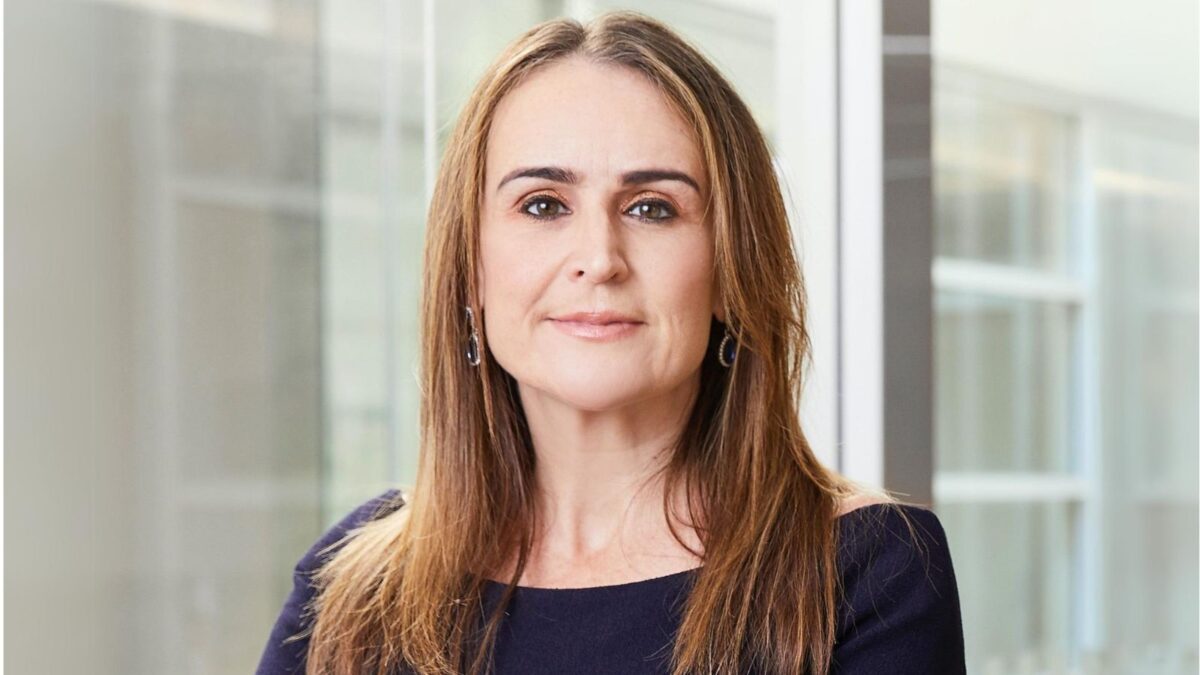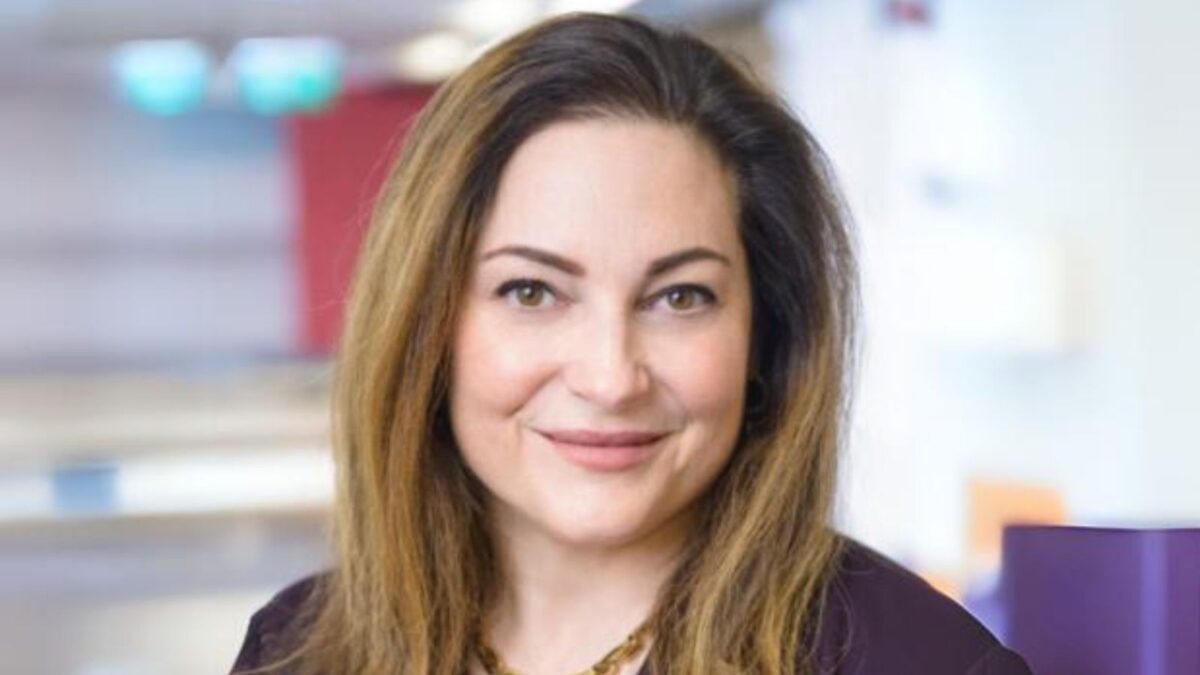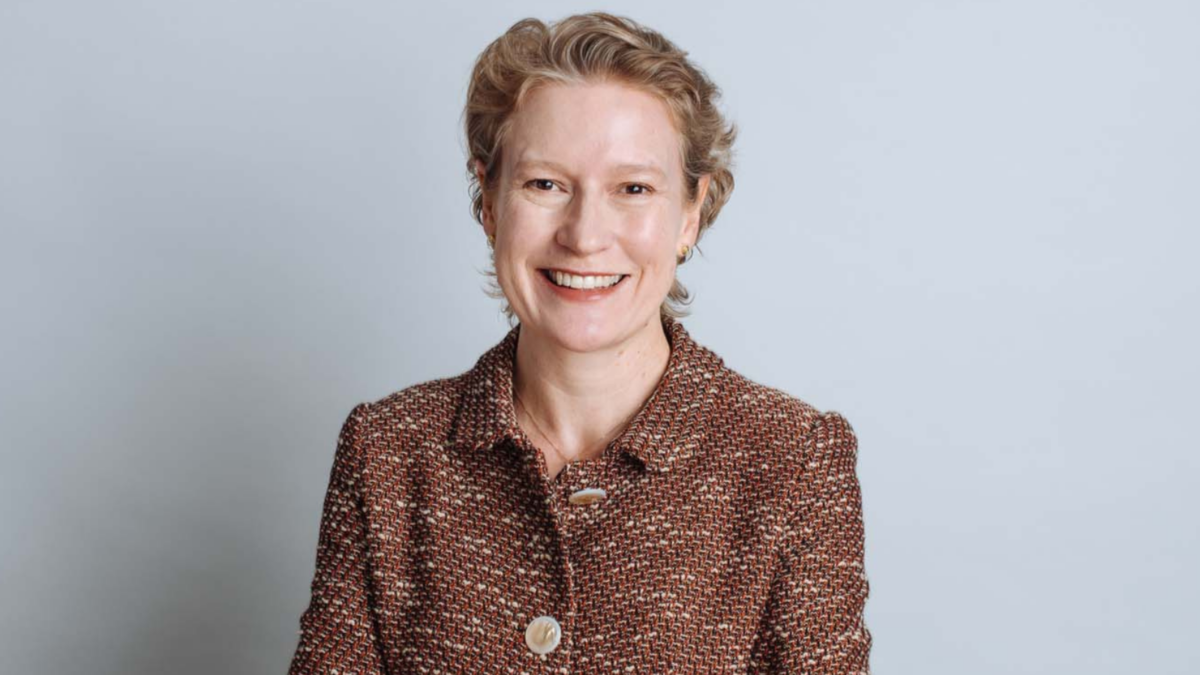… as AXA IM prepares for first impact fund of funds
(Pictured: Matt Christensen)
AXA Investment Managers, which has been running a A$300 million global impact investing fund-of-funds operation for the AXA group’s fiduciary funds over the past 18 months, will next year launch a similar fund for external clients.
Matt Christensen, AXA IM’s Paris-based head of responsible investing, was in Australia last week talking to super fund executives and advisors about the new fund and how AXA is trying to “professionalise” the world of impact investing by applying to it the rigours expected from a big commercial fund-of-funds manager.
Christensen, an American, has been at AXA IM for about three-and-a-half years, building up the responsible investing team and also offering advice to the group on its own RI activities. Before then, however, he had been a director of a number of impacting investment funds and has been involved in many social enterprise programs.
He says the existing AXA fund should be fully deployed by March next year and the new fund launched by the end of 2015. Craig Hurt, the Australian head of AXA IM, says he wants to get the input of Australian investors into the structure and guidelines for the new fund, gauging, for instance, the appetite for Australian-only investments versus international ones, or whether a fund of funds versus a direct fund or a discrete mandate are acceptable.
Impact investing is at the pointy end of RI or ESG, as it’s more commonly referred to in Australia. As Christensen sees it: it is a sub-set. He has a 10-person RI team at AXA IM, and is currently looking for another two. The impact team consists of two RI people, two people from AXA IM’s US$7 billion hedge funds-of-funds business, and himself.
The existing impact fund has so far made 10 investments across micro-finance, health care and education. The investments have been roughly split one third each into Africa, Asia and Latin America. Having the hedge funds people on board gives added grunt to portfolio construction at the fund. It is concerned, for instance, about liquidity, size, concentration and all the other things that a fund-of-funds business is concerned about.
Returns matter most, but, as the growing body of research in the new field is showing, they don’t have to be sacrificed to make a difference to the world in ESG matters. In some factors, of course, such as governance, it is now clear that there are added returns from governance considerations and research.
One of Christensen’s concerns is that there is so much interest in impact investing from the funds management world that it may become a bubble not dissimilar to the tech bubble of 1999-2000 or the clean-tech bubble of 2005-2007. In fact, he says, the AXA IM fund won’t invest in clean tech, partly because some, mainly US, managers are looking to change their marketing pitches from clean tech to impact.
“There are a lot of people entering this field and they are not all do-gooders,” he says. “One of our roles is to bring more integrity to the field.”
That integrity spreads. For instance, to get into the AXA IM investable universe of about 100 funds out of 400 which are researched, a fund’s underlying investments need to agree to quarterly monitoring and performance metrics and the managers’ incentivisation policies are scrutinized.
Christensen says he would like to write a white a white paper on remuneration and incentivisation for the impact industry.
What should be the KPIs for a portfolio manager in an impact investment fund? How can one include the social benefit of investments in the returns calculation from a manager’s remuneration perspective?
There are a handful of super funds and financial planning groups in Australia which have dabbled in impact investing. And there are others which have taken an active interest and have been looking at ways to get into the market. There are obstacles, though, Christensen admits.
A big one is size. Most super funds do not like to invest amounts of less than $100 million. The really big funds have difficulty convincing their investment committees that anything less than $500 million is worth the effort.
Even within the AXA IM impact fund environment size is also an issue. Christensen says that an investment below about $25 million is difficult to justify.
Given that environment, the well-accepted government-sponsored “social bonds” which have now been tried in the UK, US and Australia, are so small that institutional investors struggle to get set. Even the $1 billion Christian Super fund, which has been a pioneer in the field in Australia, could not buy all the allocation it wanted in the latest NSW Government’s social bond.
“We have set aside a small amount, $10 million, for social bonds and that will be the last and hardest part of our first fund to deploy,” he says.










